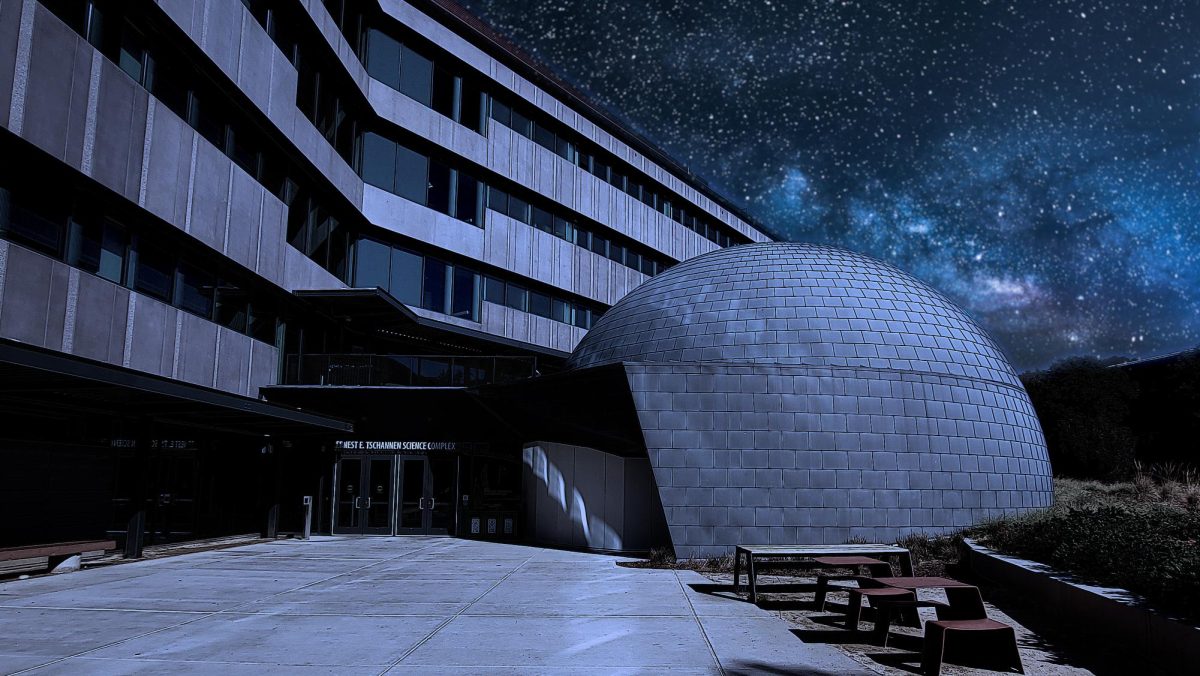Spike Lee gives black America a voice
September 19, 2006
It might sound odd, but I’ve been thinking a lot about Spike Lee lately. His epic documentary about Hurricane Katrina and its aftermath, When the Levees Broke: A Requiem in Four Acts, clocks in at a little more than four hours. Despite having a length that in the hands of a lesser director would be considered untenable, the film has been hailed as a landmark in American documentary filmmaking.
According to reports from Newsweek and The New York Times, Lee, like the rest of us, watched helplessly from afar as scores of impoverished blacks were left to rot inside the Superdome, which Jesse Jackson compared to the hull of a slave ship.
But Lee has never been one to favor inaction; his films are almost always forceful, at times bordering on belligerent. He never shies away from controversy.
In Do the Right Thing, which established him as one of America’s brightest young filmmakers more than 15 years ago, ethnic groups clustered and claustrophobic in Brooklyn’s sweltering tenements dispense slurs of all kinds right at the camera in a volcanic montage of hatred. More importantly, the scene rings true. Lee conjures up a litany of characters who are neither easy to side with nor to villainize; all are capable of deeply wrought prejudices.
To watch Lee’s best films (She’s Gotta Have It, Do the Right Thing, Bamboozled, When the Levees Broke) is to be privy to the mind’s eye of America’s most courageous examiner of race.
Lee is a man who, unlike his sometimes-rival Quentin Tarantino, is concerned with the real violence of our country’s underbelly, rather than the cartoonish, pulpy violence of comic books, samurai films and spaghetti Westerns. Whether the portrait is intimate or expansive, the anger, frustration and impatience show through like the rough wood of a polished table. Their omnipresence lurks below, stabs forth and returns to silence, just like racial hatred in America: Years of relative peace, massive conflagration (as in the Rodney King riots of 1992) and another period of quiet, all the while left unspoken and, thus, unresolved.
In Bamboozled, Lee provides possibly his most acidic representation of affluent America perpetrating racism nearly everyday.
He sees fit to condemn white television and advertising executives for exploiting shameful stereotypes in the name of the Almighty Dollar (as in his brilliantly offensive send-ups of commercialized hip-hop culture and their white, wannabe counterparts), their ignorant or conspicuously silent underlings and an American populace who, fed a steady diet of racism, will only grow fat.
The glorified minstrel shows Mantan and Sleep ‘N Eat, which form the center of Bamboozled, criticizes our continued relegation of talented black performers to sideshow routines and idiotic or even blatantly racist diversions. It reflects Lee’s consistent devotion to using his company, 40 Acres and a Mule, to find the likes of Denzel Washington and Halle Berry intelligent, meaningful roles amid a still-whitewashed film community.
But most of all it asks a disturbing question: Could free speech be construed in such a way that the likes of Mantan might make it to the screen, only to be lapped up by an anxiously racist white populace, whose spending money forms the stuff of advertisers’ dreams?
To me the answer is probably not, but the suggestion is enough to remind us that racism (not limited just to blacks and Asians as in the past, but now expanded to the more recent influx of Arabs and Hispanics) is as prevalent today, just as insidious and disgraceful as it was before the civil rights movement.
That, of course, is what Lee does so well to examine in his new documentary, to explore not just the human cost of Katrina but also what the federal, state and local failures to enact an effective response signal about race and class in America. Little more than a year ago we stood, like Lee, mesmerized by chaos, poverty, destruction and terror more associated with post-colonial Africa than the United States. It brought home, as did Sept. 11, our complacency in the faces of great dangers internal and external, our ability to ignore and forget what plagues us in favor of the conspicuous consumption of freedom fries.
What percolates from the sewage-lined bottom of New Orleans’ flooded streets, more than anything else, is barely controlled fury; how, we might ask — and Lee does — could this have happened?
Lee’s answer, conveyed by the furiously funny or the heart-wrenchingly sorrowful faces in his latest film, is that America has, for all intents and purposes, returned to the era of poll taxes and scare tactics, disenfranchising the poor through subtler ways.
If the secret to our success here at USC and other bastions of affluence, where money flows like water through broken levees, is treading so heavily upon those who are already suffering, then, like Lee, we have to ask ourselves: Is it worth it?


























































































































